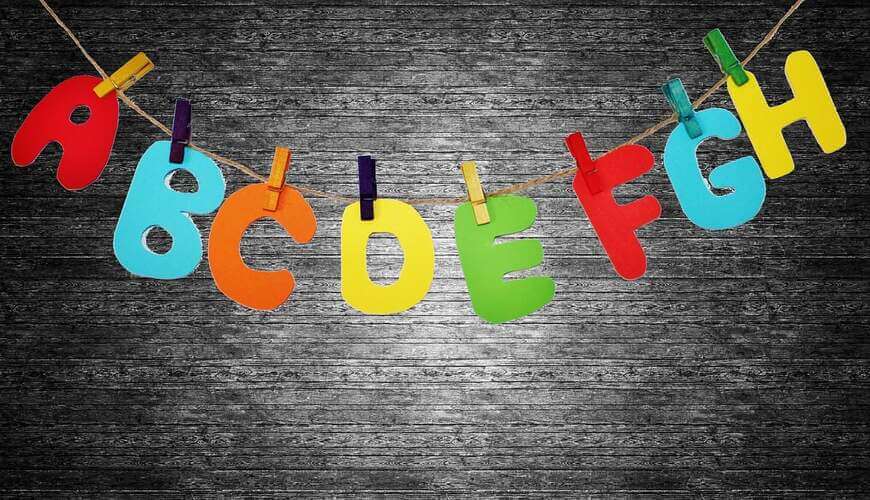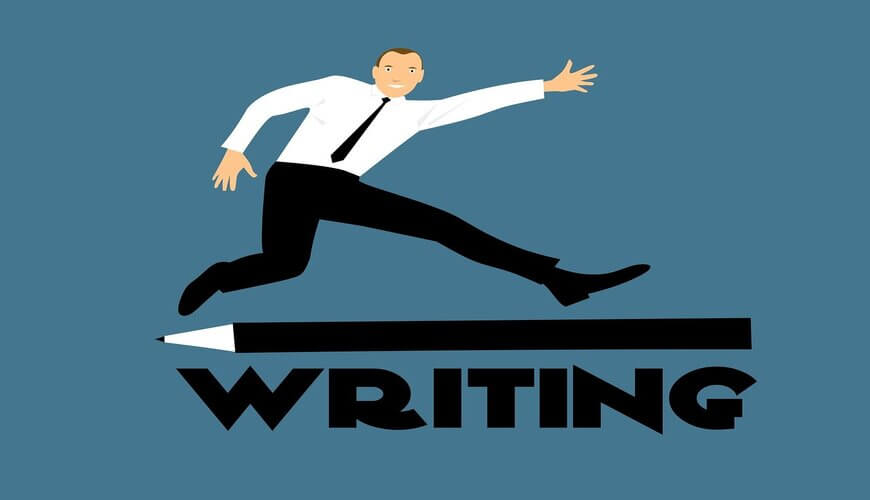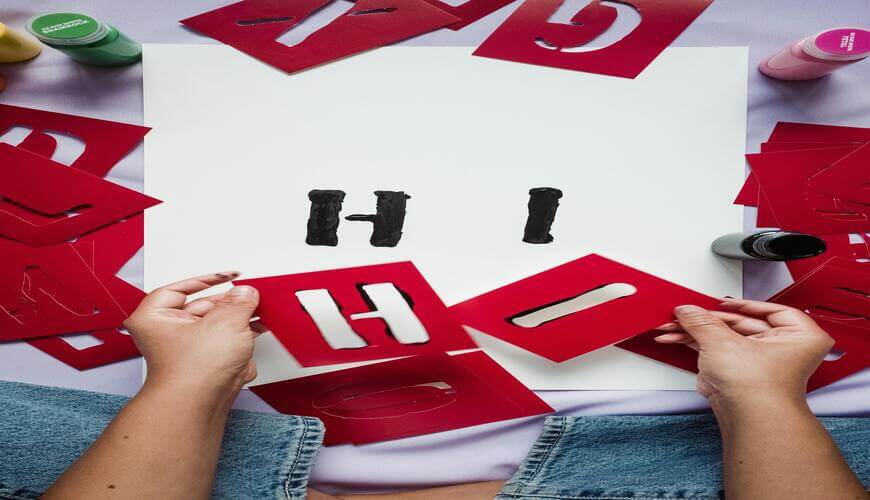1. Agreement with Nouns
- Introduction to Adjectives:
- Adjectives describe qualities, states, or attributes of nouns.
- Examples: un libro interessante (an interesting book), una ragazza felice (a happy girl).
- Gender and Number Agreement:
- Adjectives must agree in gender and number with the noun they describe.
- Masculine singular: interessante.
- Feminine singular: interessante.
- Masculine plural: interessanti.
- Feminine plural: interessanti.
- Adjectives ending in -o:
- bello → bello, bella, belli, belle.
- Invariable adjectives (do not change): blu, rosa, marrone.
- Adjectives must agree in gender and number with the noun they describe.
- Position of Adjectives:
- Most adjectives follow the noun: un gatto nero (a black cat).
- Some adjectives precede the noun and may change meaning based on position:
- un grande uomo (a great man) vs. un uomo grande (a big man).
- Practice: Adjust adjectives to match nouns in gender and number.
2. Comparative and Superlative Forms
- Comparatives:
- Comparing two things: più… di (more… than), meno… di (less… than), così… come (as… as).
- Examples:
- Luca è più alto di Marco (Luca is taller than Marco).
- Questo libro è meno interessante di quello (This book is less interesting than that one).
- Examples:
- Special cases with che: Comparing two qualities of the same noun or two actions.
- Comparing two things: più… di (more… than), meno… di (less… than), così… come (as… as).
- Superlatives:
- Relative Superlative:
- il/la più… (the most…), il/la meno… (the least…).
- Example: Luca è il più intelligente della classe (Luca is the most intelligent in the class).
- il/la più… (the most…), il/la meno… (the least…).
- Absolute Superlative:
- Add -issimo/a/i/e to the adjective root.
- Example: bello → bellissimo (very beautiful).
- Add -issimo/a/i/e to the adjective root.
- Relative Superlative:
- Irregular Forms of Comparatives and Superlatives:
- buono → migliore (better), ottimo (the best).
- cattivo → peggiore (worse), pessimo (the worst).
3. Common Adjectives and Adverbs
- Commonly Used Adjectives:
- Adjectives for physical description: alto, basso, bello, brutto.
- Adjectives for personality traits: gentile, simpatico, intelligente, pigro.
- Adjectives for quantity: molto, poco, ogni, alcuni.
- Introduction to Adverbs:
- Adverbs describe verbs, adjectives, or other adverbs.
- Common adverbial endings: Add -mente to the feminine form of an adjective.
- Example: lento → lentamente (slowly), fortunato → fortunatamente (fortunately).
- Irregular adverbs:
- bene (well), male (badly), presto (early), tardi (late).
- Usage Notes:
- Adverbs do not agree in gender or number.
- Example: Lui corre velocemente (He runs quickly).
- Adverbs do not agree in gender or number.
4. Practice Exercises
- Exercise 1: Gender and Number Agreement
- Adjust adjectives to match the nouns. Example:
- una casa (bello) → una casa bella.
- dei libri (nuovo) → dei libri nuovi.
- Adjust adjectives to match the nouns. Example:
- Exercise 2: Comparatives and Superlatives
- Fill in blanks with appropriate comparative or superlative forms. Example:
- Questo film è ___ (più interessante) di quello.
- Maria è ___ (il/la più intelligente) della scuola.
- Fill in blanks with appropriate comparative or superlative forms. Example:
- Exercise 3: Adjective or Adverb?
- Choose whether to use an adjective or adverb. Example:
- Lei parla ___ (veloce/velocemente). → Lei parla velocemente.
- Choose whether to use an adjective or adverb. Example:
- Exercise 4: Translation Practice
- Translate sentences from English to Italian using adjectives and adverbs. Example:
- This is the most beautiful city I’ve ever seen. → Questa è la città più bella che io abbia mai visto.
- Translate sentences from English to Italian using adjectives and adverbs. Example:
- Challenge Exercise: Write a paragraph describing a person or a place using a mix of adjectives and adverbs.
Course Features
- Lectures 0
- Quizzes 0
- Duration 25 hours
- Skill level All levels
- Language English
- Students 15
- Assessments Yes






